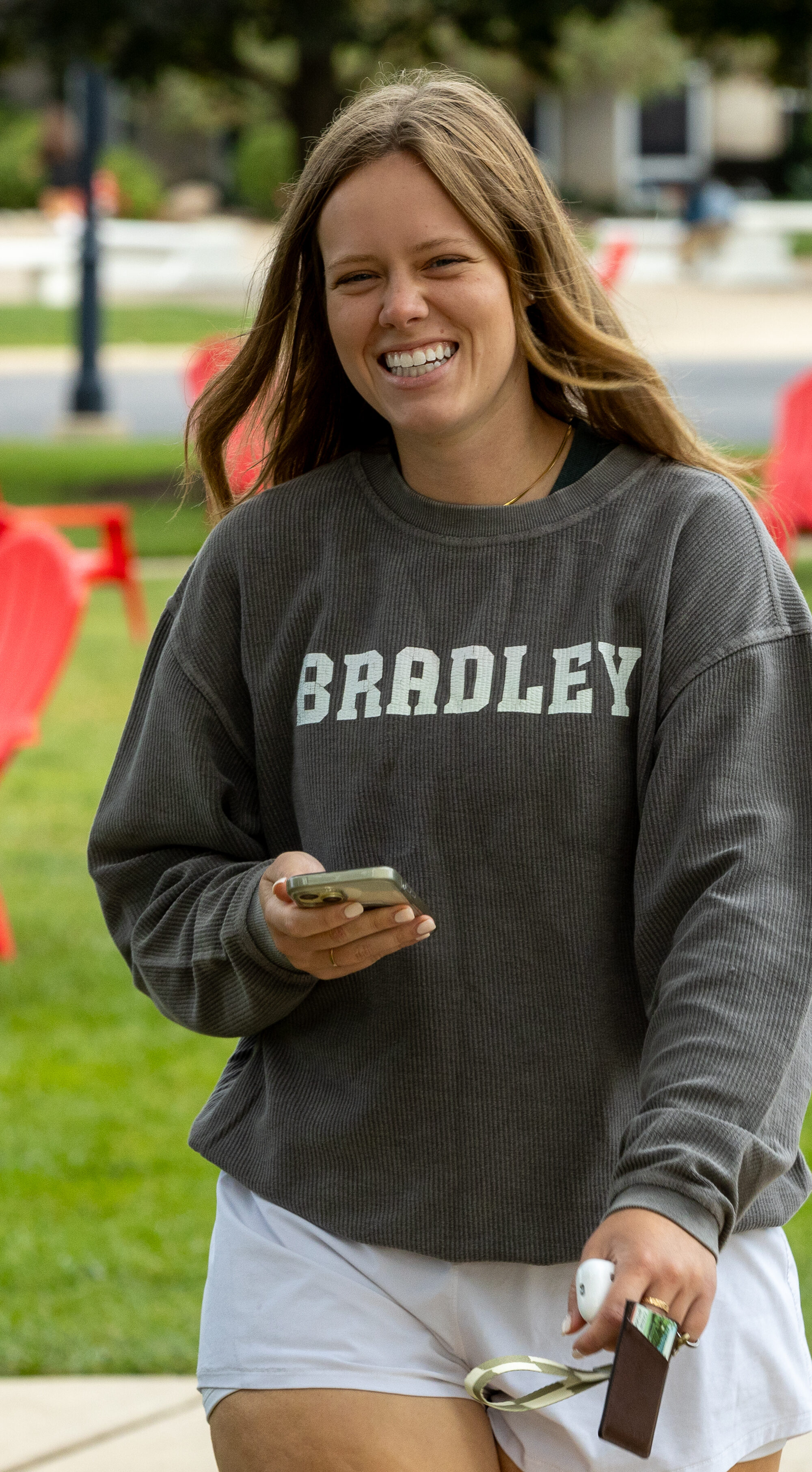Office of Sponsored Programs
The Office of Sponsored Programs (OSP) at Bradley University supports faculty and staff seeking external funding to conduct research, scholarship, creative work, curricular and pedagogical initiatives, and educational outreach. To ensure that the University remains in federal compliance and to ensure that all extramural proposals and contracts are properly reviewed, several policies have been established. All individuals seeking funding must adhere to the policies for Submitting Extramural Proposals and for Scholarship/Research Compliance and Integrity.
To support scholarly activity, Bradley maintains an institutional membership with the Council for Undergraduate Research (CUR), and we encourage all faculty to join CUR, whose mission is to “support and promote high-quality mentored undergraduate research, scholarship, and creative inquiry.” The Office also administers internal grant programs to which Bradley employees and students may apply. Funds from the Faculty Scholarship Award (FSA) program can be used to support the scholarship and creative production of Bradley employees and promote their professional development. Student Engagement Awards (SEA) are available to support the engagement of Bradley students (undergraduate and graduate) in research, scholarship, creative work, and service opportunities under the mentorship of Bradley employees. Through the Student Travel Award (STA), students can secure funding to cover travel expenses associated with presenting their work at peer-reviewed or juried conferences, meetings, or events. In collaboration with the Office of Interdisciplinary Studies, an Undergraduate Summer Fellowship Program is also available to help recipients pursue projects that make connections across traditional academic boundaries.
Resources For Seeking External Funding
Scholarship/Research Compliance & Integrity
Additional Information
Additional Links
Connect with Us

